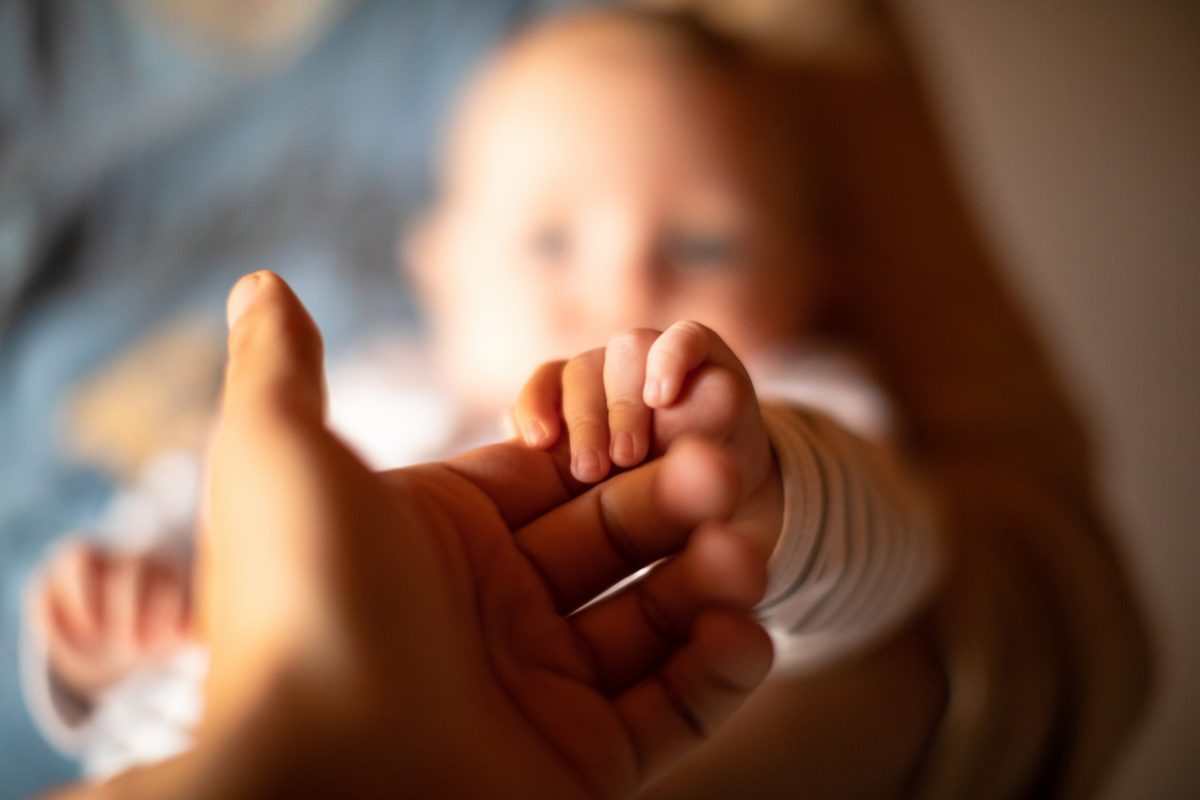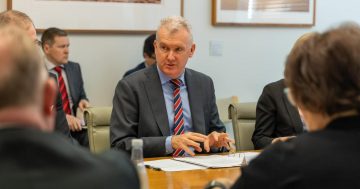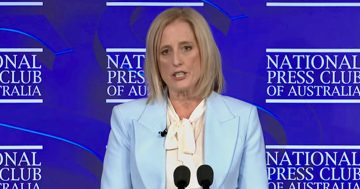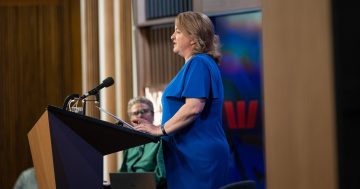
Superannuation on government-funded paid parental leave will kick in from July next year if Labor’s newly-introduced legislation passes. Photo: File.
Legislation to pay superannuation on government-funded paid parental leave is now before the parliament and, if passed, will boost the retirement funds of about 180,000 families each year.
It is planned to take effect from July 2025 and will add about $3000 to the superannuation of parents over the course of their parental leave, which will be extended to six months from 2026.
If the Bill is passed, eligible parents with babies born or adopted on or after 1 July 2025 will receive an additional payment of 12 per cent of their PPL payment as a contribution to their nominated superannuation fund.
The PPL scheme provides financial support to eligible working parents to take time off work after a birth or adoption.
Anthony Albanese said the legislation builds upon recent reforms that have made PPL more flexible, accessible and gender-equitable, which have increased the length of the scheme.
“This is a modern policy for modern families which delivers choice, offers security and rewards aspiration,” the Prime Minister said.
“My government is boosting Paid Parental Leave by extending it to a full six months. This strengthens that further by adding superannuation to it as well.
“It’s another important step towards gender equality – which is good for families, good for business and good for our economy.”
Pending the passage of legislation, a lump sum superannuation payment would be paid following the end of each financial year, including an interest component, where a recipient received PPL.
The contribution will be automatically deposited into the superannuation accounts of eligible parents.
Minister for Women Katy Gallagher said paying super on PPL is a good move for women and builds on making childcare cheaper and more accessible.
“We know that women continue to face difficult decisions and financial penalties when choosing to raise a family,” the Minister said.
“These long-overdue changes will help ease those penalties and lessen the impact on women’s retirement savings.”
Speaking on ABC radio after the legislation was introduced, Senator Gallagher said she hoped the initiative would also be taken up by more of the private sector.
“I think government has a role to play leading the way, but I should also acknowledge that in the absence of any reforms … in PPL, many of the private sector areas had moved ahead.
“I think in the order of over 60 per cent of private sector employers who pay PPL already pay super on that. And so, in a sense, we’re playing a bit of catch-up there.
“This is recognising that when you take time out and you take it to look after your babies, you shouldn’t be penalised further financially by not having super paid on that entitlement.
“It’s a workplace entitlement, it’s just been an anomaly that it hasn’t had super paid on it.
“Women missed out, and they tend to miss out, to be the main carers of babies and so this addresses that and will help women over the long term with their super balances.”
The government’s intention to introduce the legislation was announced in March this year with the release of Working for Women, Australia’s first national strategy to achieve gender equality.
Paying superannuation on PPL was also a key recommendation of the Women’s Economic Equality Taskforce and has long been campaigned for by unions.
During the 2019 federal election campaign, Labor committed to including super in government PPL but dropped it at the 2022 election due to cost.
Since winning office, Labor introduced changes to give more families access to PPL, including through a more generous $350,000 family income test.
On Thursday (22 August), Social Services Minister Amanda Rishworth said the introduction of superannuation with PPL signals that caring for babies is valued and helps to normalise parental leave as a workplace entitlement.
“Investing $1.1 billion over the forward estimates to pay superannuation on Paid Parental Leave is a key step in prioritising gender equality as most recipients are women who will have lower superannuation balances,” she said.





















